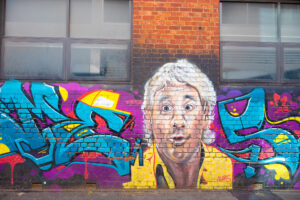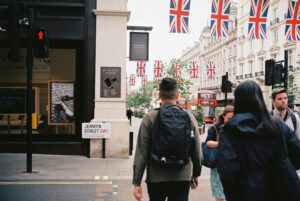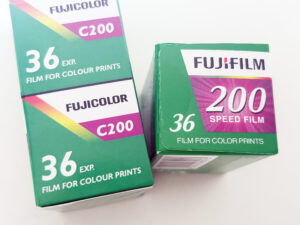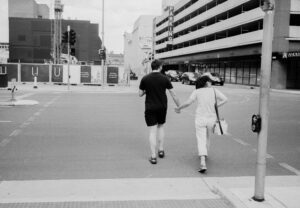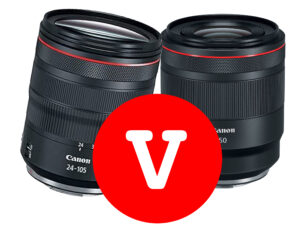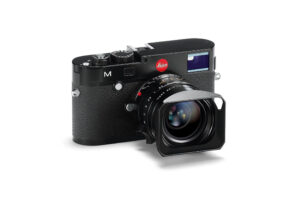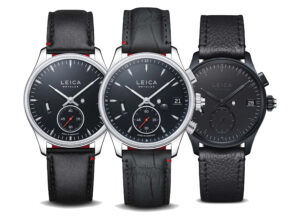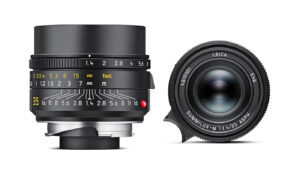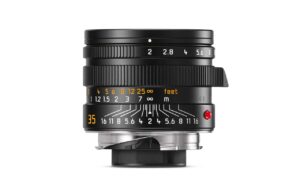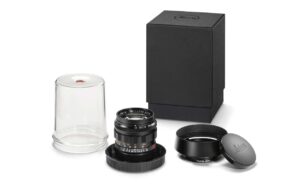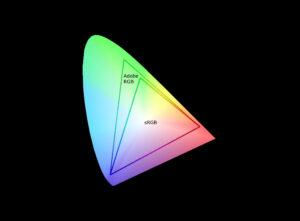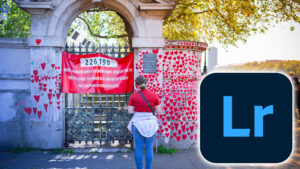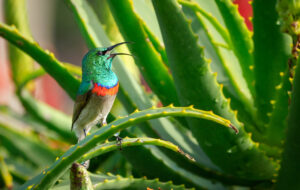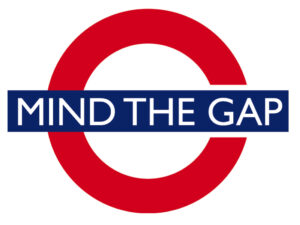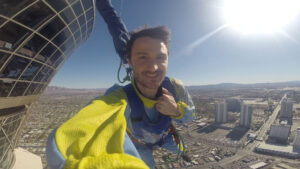Exploring the Psychological Resilience Fostered by Photography: The therapeutic potential of photography as a tool for mental well-being is substantial and multifaceted, a reality I’ve come to appreciate throughout my life, including during the tumultuous times brought on by the recent COVID-19 pandemic. Engaging in photography can act as a balm for the mind, offering a myriad of benefits particularly valuable during periods of heightened stress. Let’s delve into why embracing the lens might just be the mental health strategy we need.
Global health authorities, including the World Health Organization, have expressed concern over the pandemic’s significant impact on mental health, leading to an uptick in stress-related issues. It’s in this light that photography emerges not just as a hobby, but a vital tool in combating depressive states and promoting psychological wellness.
Photography’s accessibility as a therapeutic activity is often underestimated. It bypasses the need for expensive or specialized equipment; a simple camera or the one embedded in the majority of modern smartphones suffices to yield high-quality images. This ease of entry allows for a broad engagement, which is pivotal in a world where barriers to mental health resources can be daunting.
Research out of Lancaster University underscores the positive influence of photography on individual well-being, particularly for those coping with solitude. It can act as a conduit for self-expression, enabling individuals to forge and uphold a positive self-concept, even amidst the isolation that often accompanies modern life’s challenges.
The Role of Photography in Positive Self-Care Practices
Depression can dull the impetus for self-care. However, the ritual of photography can kindle a newfound enthusiasm for life. The anticipation for the next opportunity to capture a moment can be the catalyst for a person to revitalize their self-care practices. Photography invites a meditative focus, diverting the mind from ruminative thoughts and fostering a refreshing mental state conducive to creative expression.
Photography also operates as a social lubricant. While it may be unconventional to bring a camera to social gatherings like a first date, photography can serve as a bridge to social interaction, particularly after periods of isolation such as those experienced during lockdowns. It propels people to venture out and document experiences, which can then be shared with and discussed within online communities, offering a platform for connection and alleviating feelings of loneliness.
Nostalgia and the Art of Reminiscence Through Photography
Photographs are vessels of memory, capable of conjuring lost moments and eliciting joyous recollections. Engaging with photography enables one to relive and savor life’s fleeting instances, providing a psychological lift that can motivate continued engagement with the craft.
The Medium of Film and the Discovery of Unseen Splendor
Photography, and film photography in particular, is a means to unearth and appreciate the world’s hidden marvels. The lens offers a unique viewpoint, revealing stories and environments that may elude the unaided eye. It becomes an exploratory venture, inviting photographers to document and preserve their findings in a visual form.
Cognitive Engagement and Kinetic Activity in Photography
Photography demands a dual exertion—mental and physical. It is a cerebral exercise that sharpens memory and hones analytic skills, while also requiring physical movement, from the casual stroll to seek out subjects to the more strenuous positioning for the perfect shot. It is as much a workout for the mind as it is for the body.
The Personal Connection in Photographic Subjects
A photographer is naturally drawn to subjects that resonate on a personal level, which enhances focus and engagement. This connection not only amplifies the pleasure derived from the act of photography but also the satisfaction of capturing meaningful images.
Emotional Uplift and the Artistic Dimension of Photography
Artistic endeavours, photography included, have been shown to play a role in diminishing stress hormones, as outlined in the study “The Connection Between Art, Healing, and Public Health: A Review of Current Literature.” Photography can soothe and inspire, offering a lens through which the world is viewed in a more hopeful and vibrant light.
Fostering Creativity and Technical Savvy
The art of photography stimulates the brain, prompting it to weave creative insights with technical understanding. It’s a dance between the conceptual and the tangible, where creative impulses are translated into visual narratives captured in the frame.
Perspectives Reimagined Through Photography
In times of uncertainty and monotony, photography offers a means of transcendence. It encourages individuals to break away from bleak introspection and engage with their surroundings from fresh vantage points. Rather than succumbing to the inertia of the uncertain, photography propels one towards a dynamic involvement with the world, looking forward to future possibilities with each snapshot taken. Through this practice, photographers find not only a momentary escape but a lasting motivation to embrace life’s myriad prospects.


